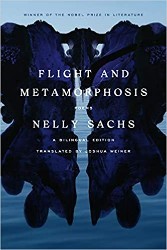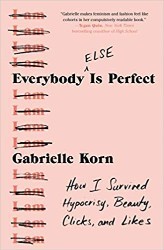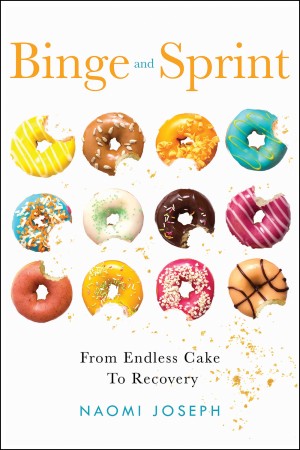Many Holocaust memoirs — Art Spiegelman’s Maus is a notable example — eschew strict realism to tackle the challenge of of writing meaningfully about the Shoah, even after the survivors of the atrocities and the perpetrators themselves are gone. Taking its cue from the canon of such memoirs, Joy Ladin’s The Book Of Anna proposes an intriguingly structured post-Holocaust variation on the haibun—a Japanese mixture of prose and poetry — wherein a camp survivor in Prague receives visits from her surly neighbor, who is also a survivor.
But the haibun is traditionally autobiographical, while this work is fiction, although uncertainties as to what is real and what is imagined pervade the text. The protagonist, Anna Asher, is a woman driven to write, but what exactly is she writing, besides the included poems? It isn’t entirely clear. Memories abound, but are they accurate? Anna continually talks to her neighbor, but eventually she asks her readers what they would think if it turned out that this neighbor did not, in fact, actually exist at all.
Anna leaves the possibility that the neighbor is a fiction unresolved in this hybrid text, which is a metafictional meditation on music, kabbalah, the Song of Songs, remembrance, fantasy, betrayal, and governmental cooperation. As in Spiegelman’s work, the lost mother — here, a brilliant pianist — forms a recurring leitmotif.
A challenging, and deeply intellectual work, The Book of Anna continues to press Theodor’s Adorno’s doubt about the possibility of poetry after Auschwitz by asking even more questions. At once an interrogation of innocence and the degree to which trauma can be healed, the book also affirms the absolute cruciality of writing: “In this world made of words, when I say “Let there be light,” light is.”
Stephanie Barbé Hammer’s is a 7‑time Pushcart Prize nominee in fiction, nonfiction, and poetry. Her new novel Journey to Merveilleux City appears with Picture Show Press.




